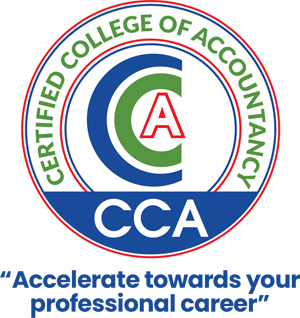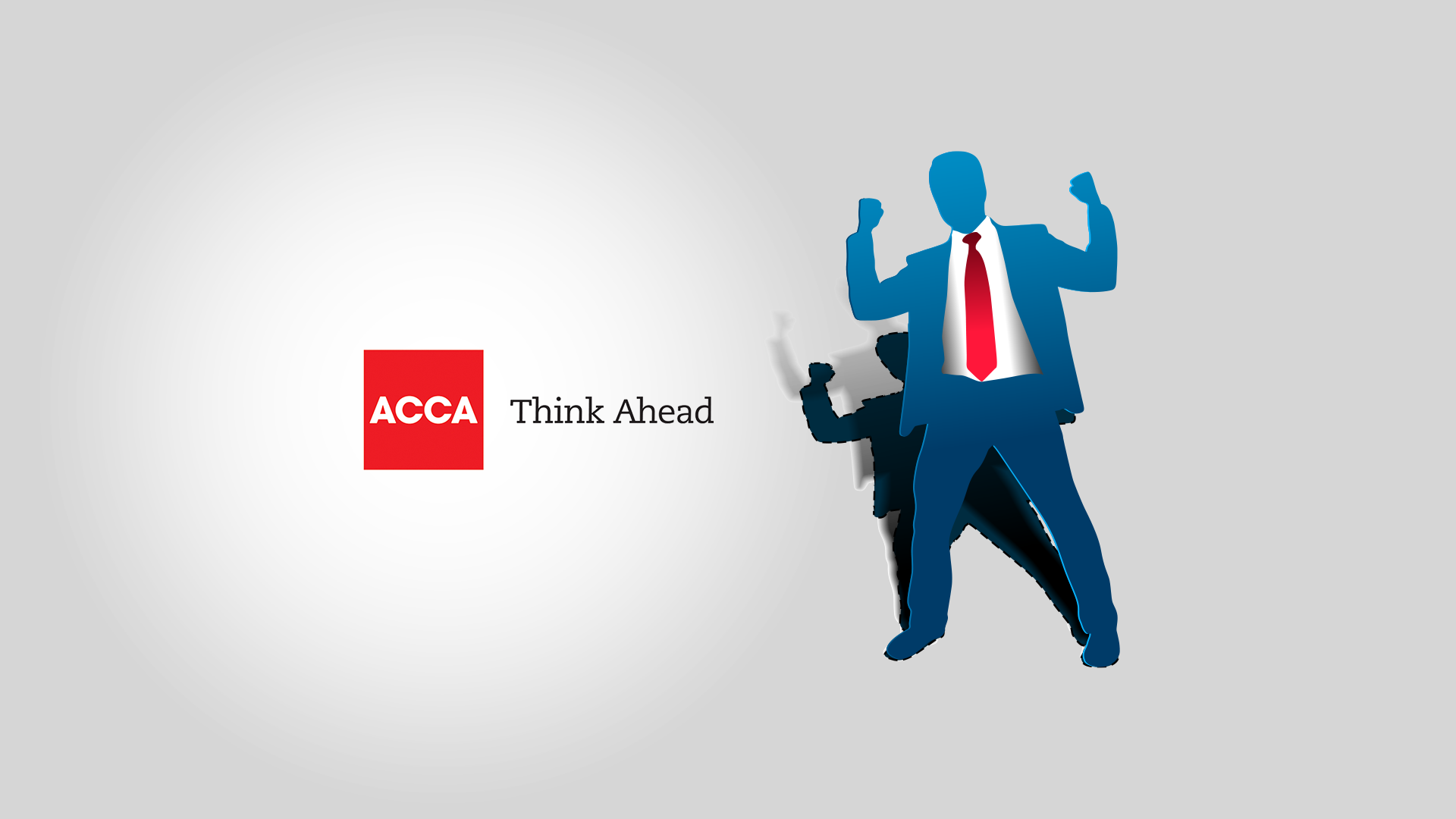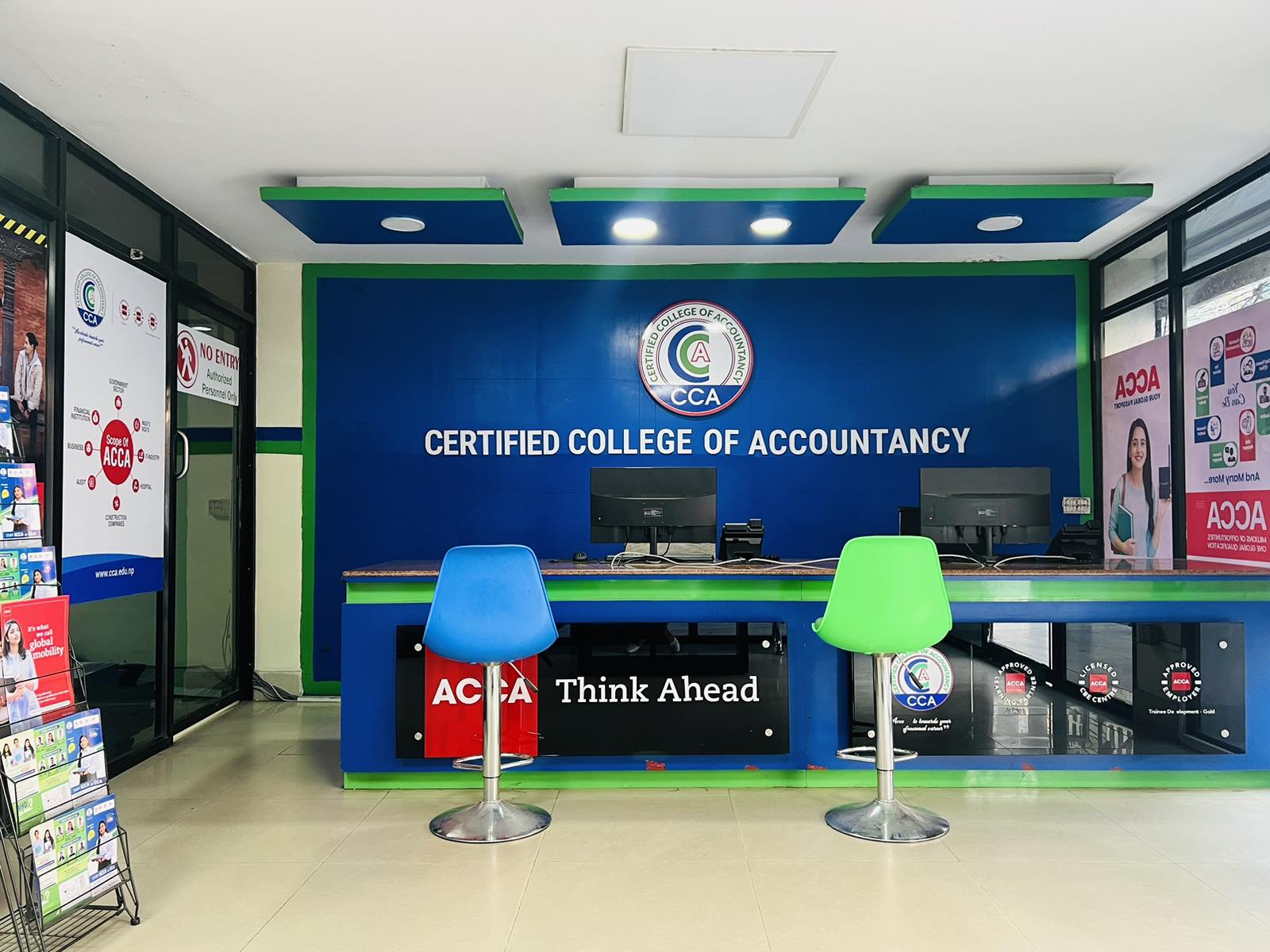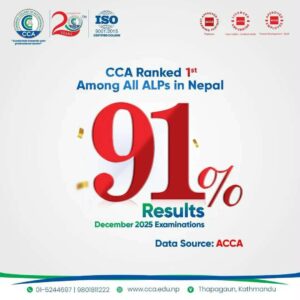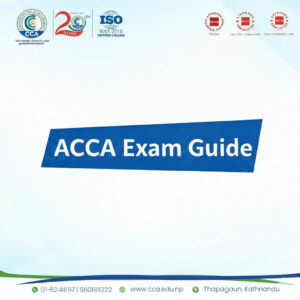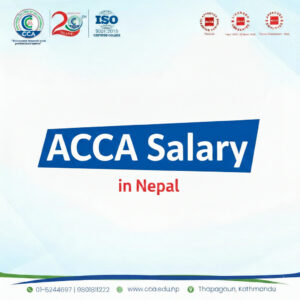If you’re thinking about pursuing the ACCA Course (Association of Chartered Certified Accountants) qualification, one of the first questions that probably comes to mind is: “How tough is the ACCA course?” It’s a valid concern. The ACCA is a globally respected qualification for aspiring accountants and finance professionals, but it’s also known for being rigorous. Let’s break down what makes ACCA challenging — and why it’s still worth it.
What Makes It Genuinely Hard
The Breadth of the Syllabus
One of the biggest challenges with ACCA is the sheer volume of knowledge you need to absorb. The syllabus covers a wide range of topics — from financial reporting, taxation, audit and assurance, to strategic business leadership and performance management. This isn’t just surface-level learning; each subject dives deep; demanding both conceptual clarity and application skills.
Tip: Don’t try to memorize everything. Understand the core concepts and practice applying them in different scenarios.
The Exams Are Not Easy
Let’s be real — ACCA exams are tough. The pass rates typically range from 30% to 50%, depending on the paper. This means you’re competing not just against the questions, but against a global benchmark. Exams like Strategic Business Reporting (SBR) and Advanced Audit and Assurance (AAA) are especially known for their complexity and require more than just textbook answers — they test your professional judgment and critical thinking.
Pro Tip: Practice past exam papers under timed conditions. The more you simulate the real exam, the better your chances.
Time Management is everything
Most ACCA students juggle studies with either a full-time job or other academic commitments. That means time management becomes a major struggle. Each paper requires a significant number of study hours — typically 100-150 hours per subject. Balancing that with work and life can be overwhelming without a structured plan.
Solution: Create a realistic study schedule. Stick to the schedule. Even 2 hours a day can add up over time if you’re consistent.
The Endless Slog
Most students take 4-5 years to complete ACCA, not the optimistic “minimum 3 years” often advertised. Maintaining motivation over such a long period while balancing work, family, and study is psychologically draining. Many quit from sheer exhaustion.
Remember: Every ACCA member has gone through the same struggle. You’re not alone. Mental Resilience is Key.
But It’s Doable — and Worth It
Despite the challenges, thousands of students qualify each year. What sets successful students apart is not just intelligence, but discipline, consistency, and the right strategy. Whether you’re a full-time student or a working professional, the ACCA can be conquered — one paper at a time.
“It’s not easy. But nothing worthwhile ever is.”
The Real Cost
The financial cost extends beyond exam fees to include repeated exam attempts (many students fail papers multiple times), study materials and revision courses, lost opportunities for overtime or social activities, and membership fees that start even before qualification.
For More Information visit: ACCA Course Fee In Nepal
The Work-Study Balance Myth
The idea that you can comfortably balance full-time work with ACCA studies is optimistic at best. The reality is that Professional level exams each require 150-200 study hours, and most working students can realistically manage only 10-15 hours of quality study weekly. This means 3-4 months of preparation per paper is typical, and attempting more than 2-3 papers annually while working full-time leads to burnout for most students.
How does CCA come in this equation
How does CCA help its students achieve a better result?
Approved Learning Partner: CCA is an approved learning partner of ACCA meaning CCA meets the quality standards set by ACCA to provide better quality education and study materials. As an approved partner, CCA has better access to ACCA-approved materials and resources that align perfectly with exam requirements. These materials are typically more targeted and effective than generic textbooks or free online resources.
Dual Faculty: CCA has two faculties; main lecturer and assistant lecturer. Main lecturer focuses on conceptual understanding while assistant lecturer focuses on problem solving approach. This helps students gain an in depth understanding of their course content.
Experienced faculty: CCA’s faculties are not only teachers with years of experience in their hands but they are also involved in leading organizations in Nepal therefore have practical knowledge about how it actually works in real life. Students can take advantage from this and gain insights on how the industry operates.
Higher pass percentage: Even though ACCA has globally low pass rates; CCA has proven 88% pass rate which makes CCA the highest pass rate holder among all ALPs. This shows commitment of CCA and our faculty members towards excellence.
Revision classes without any cost: CCA organizes online and physical revision classes for students requiring extra support and guidance in their exam time. We also have classes for students who missed one session and need to attend next session but are looking for some guidance.
Frequent Mock tests: In order to make it easier for students to appear exams, CCA has customized mock tests for students according to their real exam patterns. This makes students boost self- confidence to appear exams. The tests ensures students are used to exam patterns.
Yes, the ACCA course is tough — but not impossible. Think of it as a marathon, not a sprint. If you plan well, stay disciplined, seek guidance when needed, and most importantly, believe in yourself, you can come out on the other side with a globally recognized qualification and a world of opportunities ahead.
